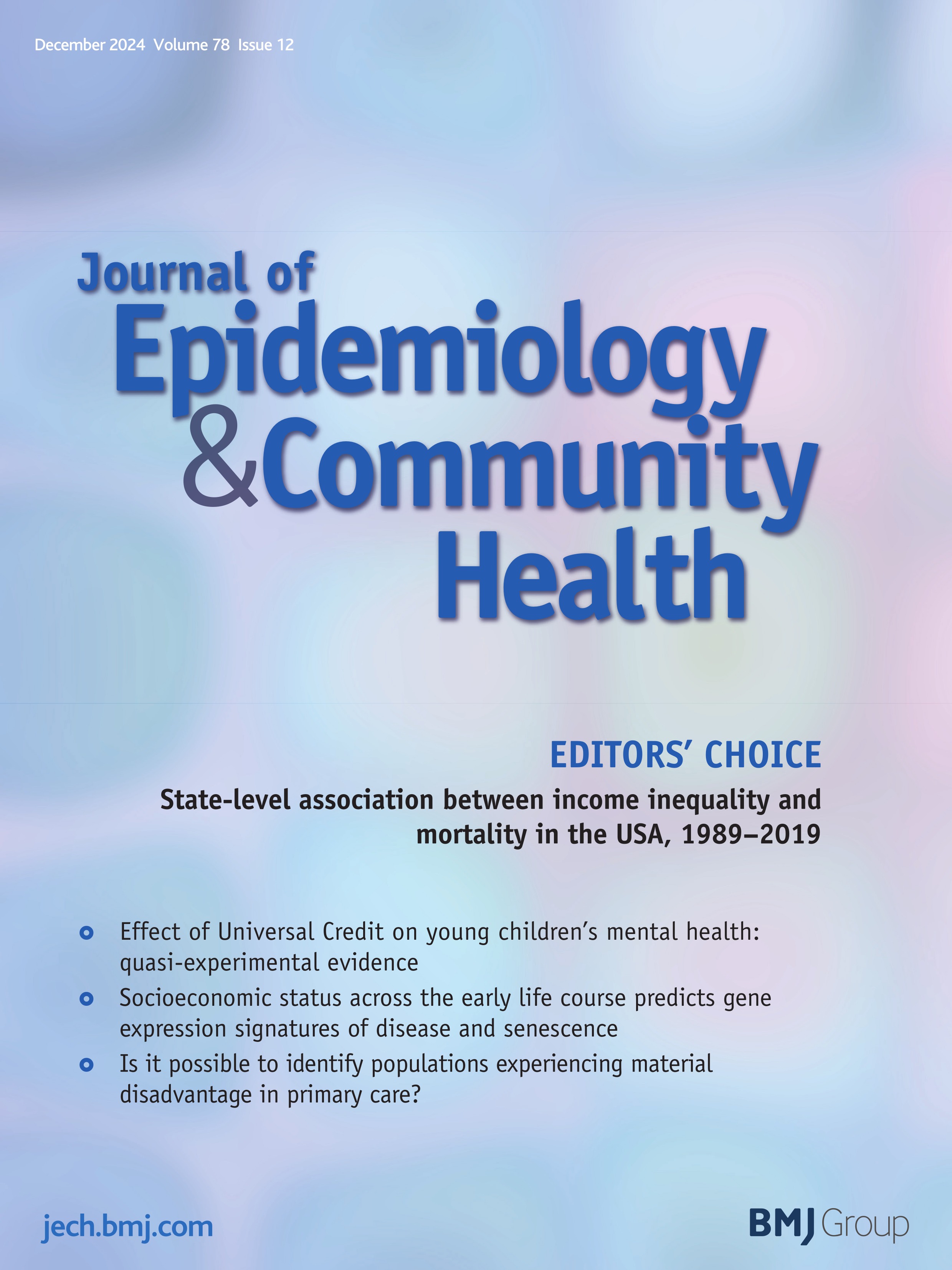2
Sleep regularity and major adverse cardiovascular events: a device-based prospective study in 72 269 UK adults
jech.bmj.comBackground This study examines the associations between device-measured sleep regularity and the risk of major adverse cardiovascular events (MACE), and aims to determine whether sufficient sleep duration attenuates or eliminates the effects of irregular sleep on MACE risk.
Methods A prospective cohort study of adults aged 40–79 years from the UK Biobank who wore wrist-attached accelerometers for 7 days was conducted. Sleep Regularity Index (SRI) scores were calculated for each participant using a validated algorithm, and categorised as irregular (SRI <71.6), moderately irregular (SRI between 71.6 and 87.3), and regular (SRI >87.3 (reference group)). Information on MACE and its subtypes (myocardial infarction, heart failure, stroke) was obtained from inpatient hospitalisation and death records.
Results We analysed data from 72 269 individuals followed for 8 years, without a previous history of MACE and without an event in the first year of follow-up. Irregular (HR 1.26, 95% CI 1.16 to 1.37) and moderately irregular sleepers (HR 1.08, 95% CI 1.01 to 1.70) were at higher risk of MACE compared with regular sleepers. Dose-response analyses treating SRI as a continuous measure showed that SRI was associated with MACE risk in a near-linear fashion, with a steeper MACE risk reduction at higher (better) SRI scores. Joint SRI and sleep duration analyses showed that meeting the age-specific sleep duration recommendation offsets MACE risk for moderately irregular sleepers (HR 1.07, 95% CI 0.96 to 1.18), but not for irregular sleepers (HR 1.19, 95% CI 1.06 to 1.35).
Conclusions Irregular sleep was strongly associated with higher MACE risk. Adequate sleep duration was not sufficient to offset these adverse effects among irregular sleepers. This study supports the inclusion of sleep regularity in public health guidelines and clinical practice as a risk factor for cardiovascular disease.
Data are available upon reasonable request. Data may be obtained from a third party and are not publicly available. The UK Biobank data that support the findings of this study can be accessed by researchers on application (). The data that support the findings of this study are available on reasonable request from Dr Raaj Kishore Biswas (raaj.biswas@sydney.edu.au). The dataset used in this study is not publicly available due to UK Biobank access restrictions.
You must log in or register to comment.

